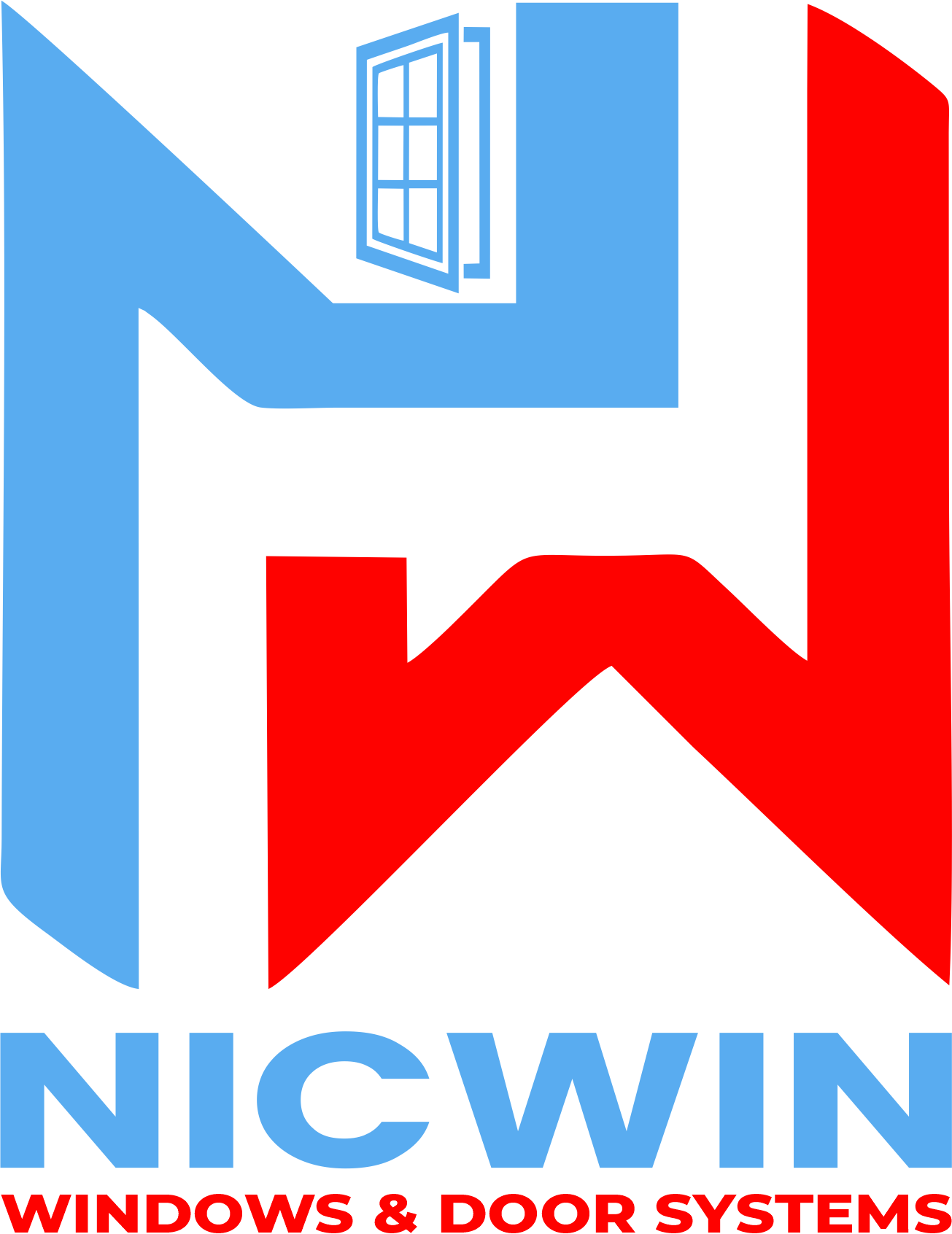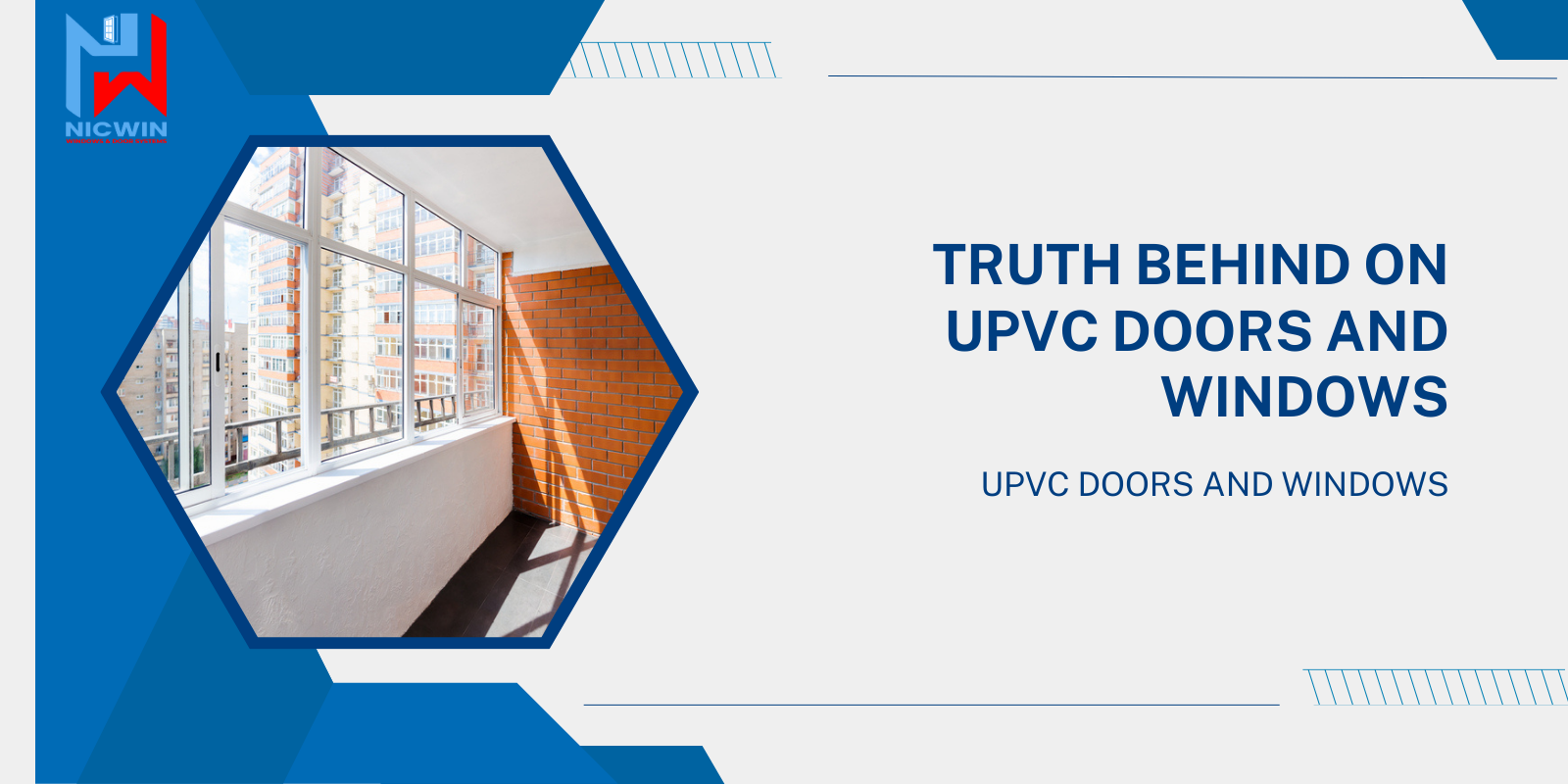Truth behind on uPVC doors and windows
UPVC, also known as Unplasticized Polyvinyl Chloride, is a form of PVC. It is made using a special process that makes it more rigid, durable, and chemically resistant. Around the world, uPVC also offers a wide variety of designs. While it has made its way to the Indian subcontinent, just like any new material, uPVC doors and windows come with several theories,misconceptions, and myths.
- Myth: uPVC doors and windows are not durable.
- Myth: uPVC doors and windows are not energy-efficient.
- Myth: uPVC doors and windows are not aesthetically pleasing:
- Myth: uPVC doors and windows are harmful to the environment:
- Myth: uPVC doors and windows are expensive.:
Truth: uPVC (unplasticized polyvinyl chloride) is a highly durable material known for its resilience against weathering, corrosion, and rotting. uPVC doors and windows can last for decades with minimal maintenance..
Truth: uPVC is an excellent insulator, which helps in maintaining consistent indoor temperatures. Modern uPVC doors and windows are often equipped with double or triple glazing, enhancing their energy efficiency and reducing heat loss.
Truth: uPVC doors and windows come in a variety of styles, colors, and finishes, allowing homeowners to choose options that complement their home's architectural design. Additionally, uPVC can mimic the appearance of traditional materials like wood while offering superior performance.
Truth: While uPVC is a type of plastic, it is recyclable. Many manufacturers use recycled uPVC in their products, reducing the environmental impact. Additionally, the long lifespan and energy efficiency of uPVC doors and windows contribute to sustainability by reducing the need for frequent replacements and lowering energy consumption.
Truth: While the initial cost of uPVC doors and windows may be slightly higher than other materials, they offer significant long-term savings due to their durability, energy efficiency, and low maintenance requirements. Over time, the reduced need for repairs and energy bills can offset the initial investment, making uPVC a cost-effective choice for many homeowners.

